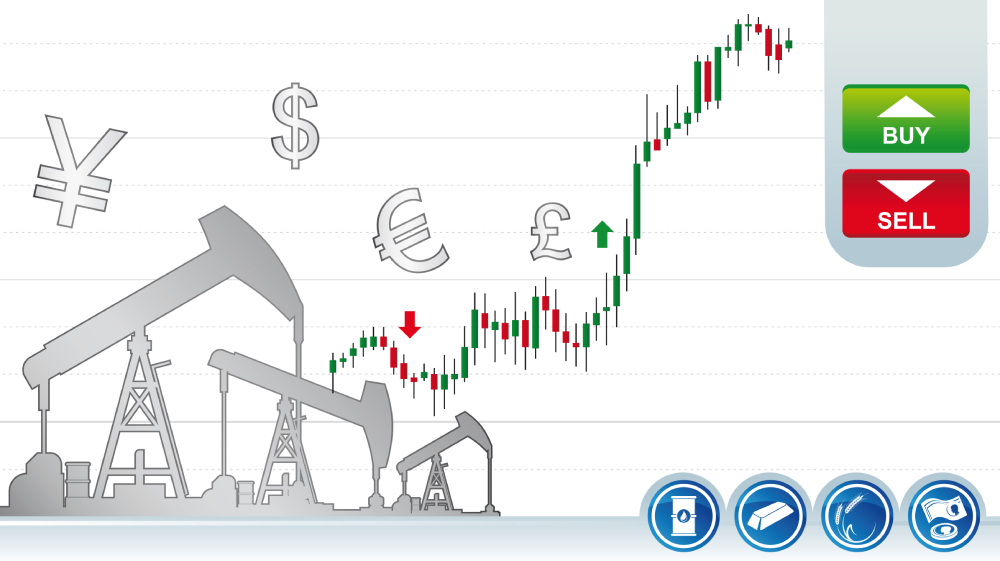Forex Trading for Beginners > Analysis > Fundamental vs Technical analysis
Fundamental vs Technical Analysis
Which is more relevant for traders?
The two most popular approaches to forecasting market prices are fundamental and technical analysis.
To find out which is more relevant for traders, we first have to understand what they're about.
Table of Contents
Sections
What is Fundamental analysis?
Fundamental analysis is about finding out the "fair value" of a security based on economic factors.
In stock trading, a fundamental analyst would try to figure out how much a stock is worth by studying the company's income statement and balance sheet. Generally speaking, the higher the expected (future) net income of the company, the higher the stock is valued.
In Forex trading, a fundamental analyst would try to determine the "proper" exchange rate between currencies by comparing the monetary policies and economic prospects of two countries.
In commodities trading, a fundamental analyst would try to deduce the "appropriate" price of the commodity by analysing the supply (production) and demand (comsumption) factors pertaining to that commodity.
Once the "fair value" of the asset is determined, the idea is to buy the asset when prices are low, and sell when prices are high when compared to the fair value.
Fundamental analysis is based on economic factors found outside of a price chart.
What is Technical analysis?
Technical analysis is about predicting future market prices based solely on how they moved in the past.
Unlike fundamental analysis, it does not consider economic factors and only pays attention to elements that can be found on a price chart (such as price and volume).
The basic premise of technical analysis is that market prices are driven by human psychology, which can be gleaned by studying chart patterns technical indicators.
Technical analysis tends to be more popular than fundamental analysis because it's easier to understand and more exciting to study.
But which is more effective?
Fundamental vs Technical analysis
Almost all traders use some form of technical analysis. If the timing of trades is important, technical analysis is the go-to method for opening and closing trades.
Fundamental analysis, on the other hand, is more concerned with the direction of trades. To a fundamental trader, the precise timing of trades is not as important as the price at which the trades are opened or closed, and the direction in which they are taken.
To summarize:
Fundamental analysis | technical ANALYSIS |
|---|---|
Considers economic factors. | Only considers factors |
If price is lower than fair value, buy. If price is higher than fair value, sell. | Buy and sell based on price/chart patterns. |
Used when trade entry/exit | Used when trade timing is important. |
More difficult and tedious to learn. | Easier and more exciting to learn. |
Less popular among traders. | More popular among traders. |
So which is better for traders?

A common objection to fundamental analysis is that economic considerations only come into play over the longer term, and that only medium-to-long term traders should pay attention to it.
While this is generally true, there are numerous exceptions to this assertion.
For instance, an employment report (such as the Non-Farm payroll announcement) is an economic consideration that often has a big impact on short term market prices. Pure technical analysts would struggle to manage their trades during such a period, as they would not understand the signifcance of such news on market expectations and thus, the immediate price movement.
So the takeaway is this.
Start with technical analysis to get a sense of how market prices move in the short term. But if you want to be an effective trader you caoot afford to ignore fundamental analysis.
So the truth is that limiting yourself to one or the other is a false choice.
Good traders are trained and experienced in both.
Next: Coming soon >